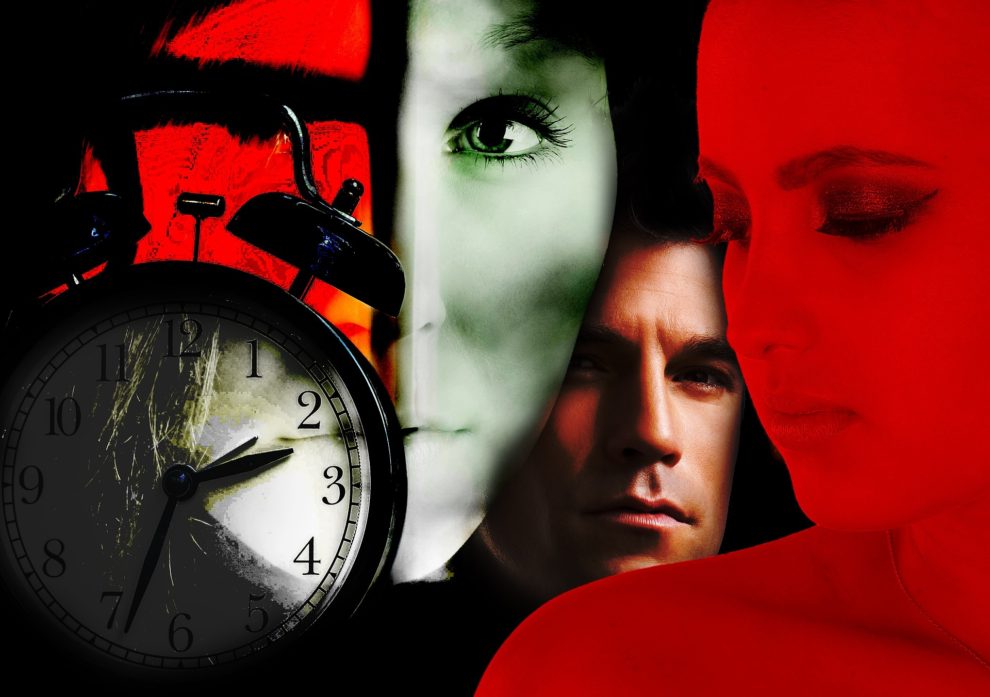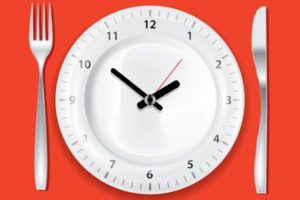After 15 years of marriage (or more), you wake up next to a stranger . . . and you’re scared. The gentle, loving man you once knew has turned mean, irritable and arrogant. He is an argumentative tyrant who blames you for everything wrong in his life, including his unfulfilled dreams.
He’s changed his appearance, is obsessed with his looks and is critical of yours. The faces of his social circle are unfamiliar now and his secret spending habits—along with the obsessive drinking and his unpredictable schedule—have you suspecting an affair.
Your friends try to console you, assuring you that he’s in the throes of a mid-life crisis; a phase that will pass. Observing him closely, he’s easily fatigued, gaining weight and growing breasts. Bathroom visits are more frequent and, well, the plumbing isn’t working like it used to. For a man of 39 years of age, changes are expected.
What is Andropause?
Women are not the only ones who experience hormonal shifts during the transitional years. Andropause, aka male menopause, is an age-related condition resulting from decreased levels of testosterone.
Reports indicate that at least 25 million men in America are suffering from low testosterone and many without treatment or proper diagnosis. Beginning around age 30 men will begin to experience a gradual testosterone decline. The onset can bring on quite a stir in the man you thought you knew with physical, psychological, emotional, social and spiritual changes.
Symptoms of Andropause
The most common signs or symptoms of andropause include:
- Fatigue
- Low sex drive
- Problems having an erection
- Irritability
- Low sperm count
- Weight gain
- Insomnia
- Decrease in muscle size and strength
- Bone loss
- Depression
- Trouble concentrating
- Hot flashes
- Memory Loss
- Enlarged breasts
The Impact of Andropause
The constellation of changes resulting from the testosterone decline wreaks havoc on his life and those that love him. Jed Diamond, a psychotherapist of 35 years and best-selling author of Surviving Male Menopause: A Guide for Women and Men, explains (October 2000) how many divorces occur at this time of transition. Unstable foundations to begin with barely survive the weight of inequities and unhappiness. Even some solid marriages melt away into obscurity, leaving loved ones devastated and confused.
Andropause Treatment
The Journal of Geriatric Cardiology further explains that andropause is also associated with other health risks such as heart disease, osteoporosis, and cardiovascular disease. The good news is that there is relief.
The daily stress of modern life, toxic environments, poor nutrition and lack of exercise play a significant role in hormone imbalance. Natural treatment including a wholesome diet and regular exercises are imperative in minimizing symptoms. Compounding factors like smoking, excess alcohol or drugs, high blood pressure or weight gain can impact the severity of symptoms. Men should consult with their physician about hormonal replacement therapy and other treatment options.
Since the spouse or significant other will be the first to notice the changes—and every man will experience a transition at some point—it is imperative to know what andropause is. Recognizing the signs and knowing what treatment options are available may improve the chances of your marriage or relationship surviving the storm and coming out stronger on the other side.













